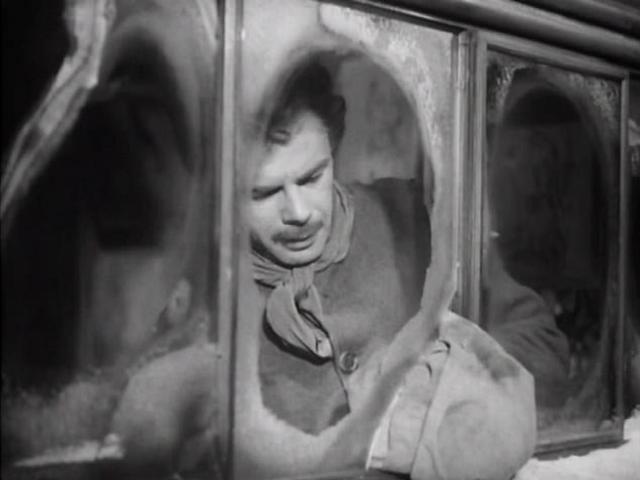
First Saw It:
August 16, 2006, on home video
 |
Winner '37: First Saw It: |
The Life of Émile Zola August 16, 2006, on home video | ||
|---|---|---|---|---|
| Bridesmaids: | The Awful Truth, Captains Courageous, Dead End, The Good Earth, In Old Chicago, Lost Horizon, One Hundred Men and a Girl, Stage Door, A Star Is Born | |||
| My Vote: | With four left to see, Stage Door is standing tall | |||
| Overlooked: | Snow White and the Seven Dwarfs, Stella Dallas |
 |
| Photo © 1937 Warner Bros. Pictures |
| Academy Award Nominations and Winners: | |
| ★ | Best Picture |
| Best Director: William Dieterle | |
| Best Actor: Paul Muni | |
| ★ | Best Supporting Actor: Joseph Schildkraut |
| Best Original Story: Heinz Herald & Geza Herczeg | |
| ★ | Best Screenplay: Norman Reilly Raine, Heinz Herald, and Geza Herczeg |
| Best Assistant Director: Russell Saunders | |
| Best Art Direction: Anton Grot | |
| Best Original Score: Max Steiner | |
| Best Sound: Nathan Levinson | |
| Other Awards: | |
| New York Film Critics Circle: Best Picture; Best Actor (Muni) | |
| Permalink | Home | 1937 | ABC | Best Pics | Blog |